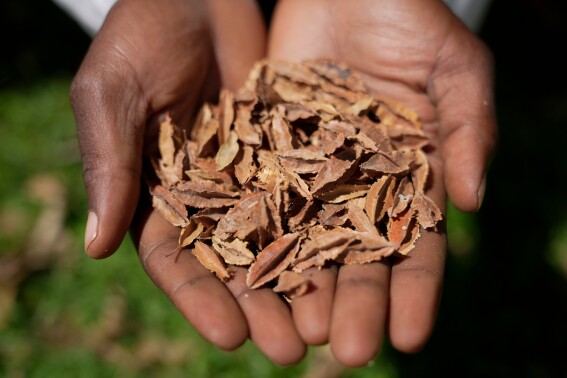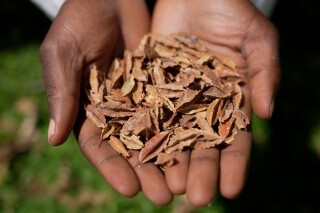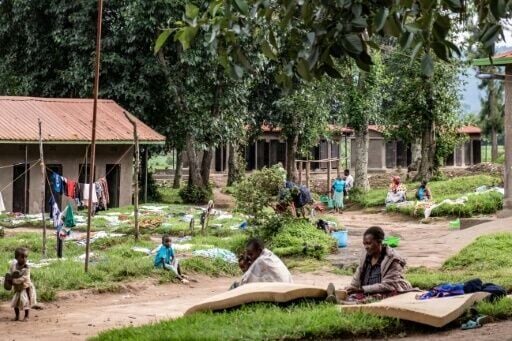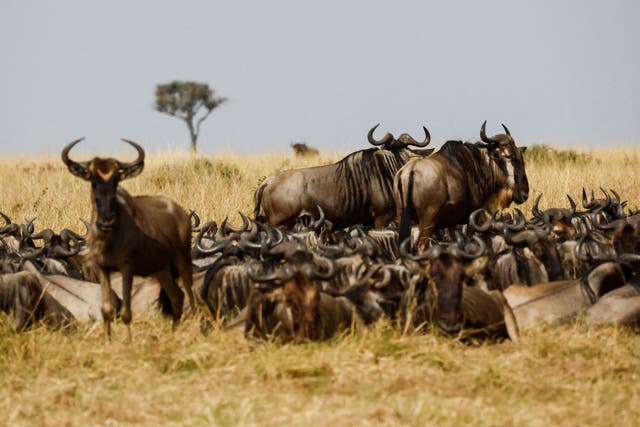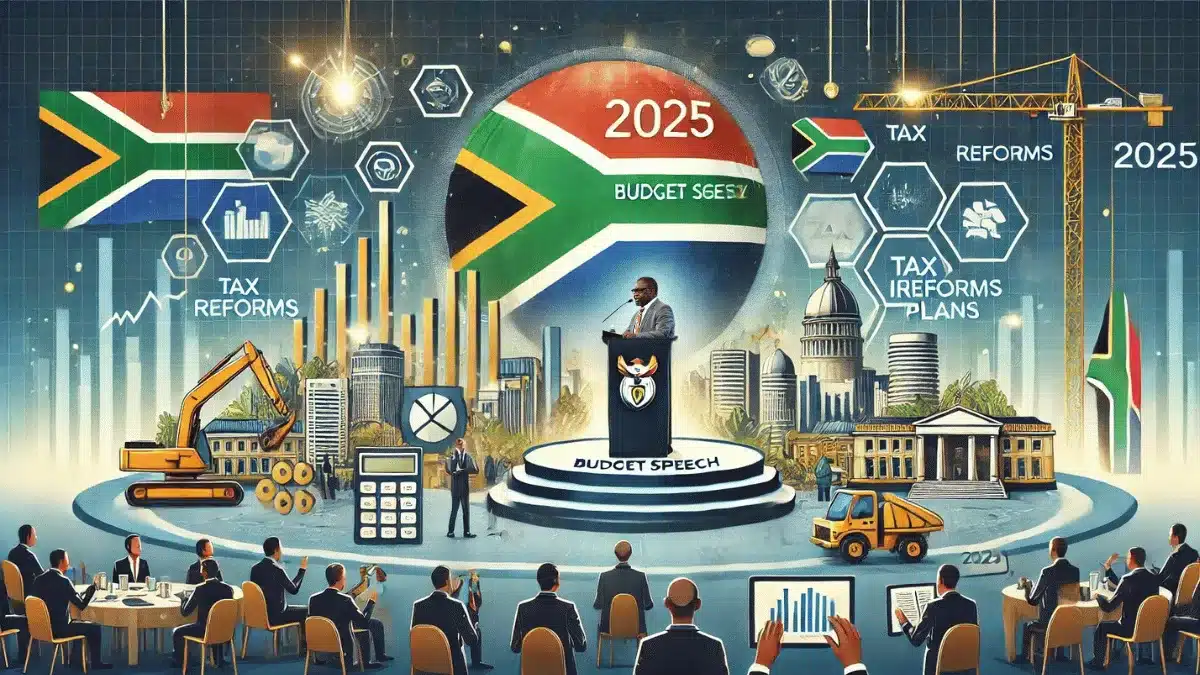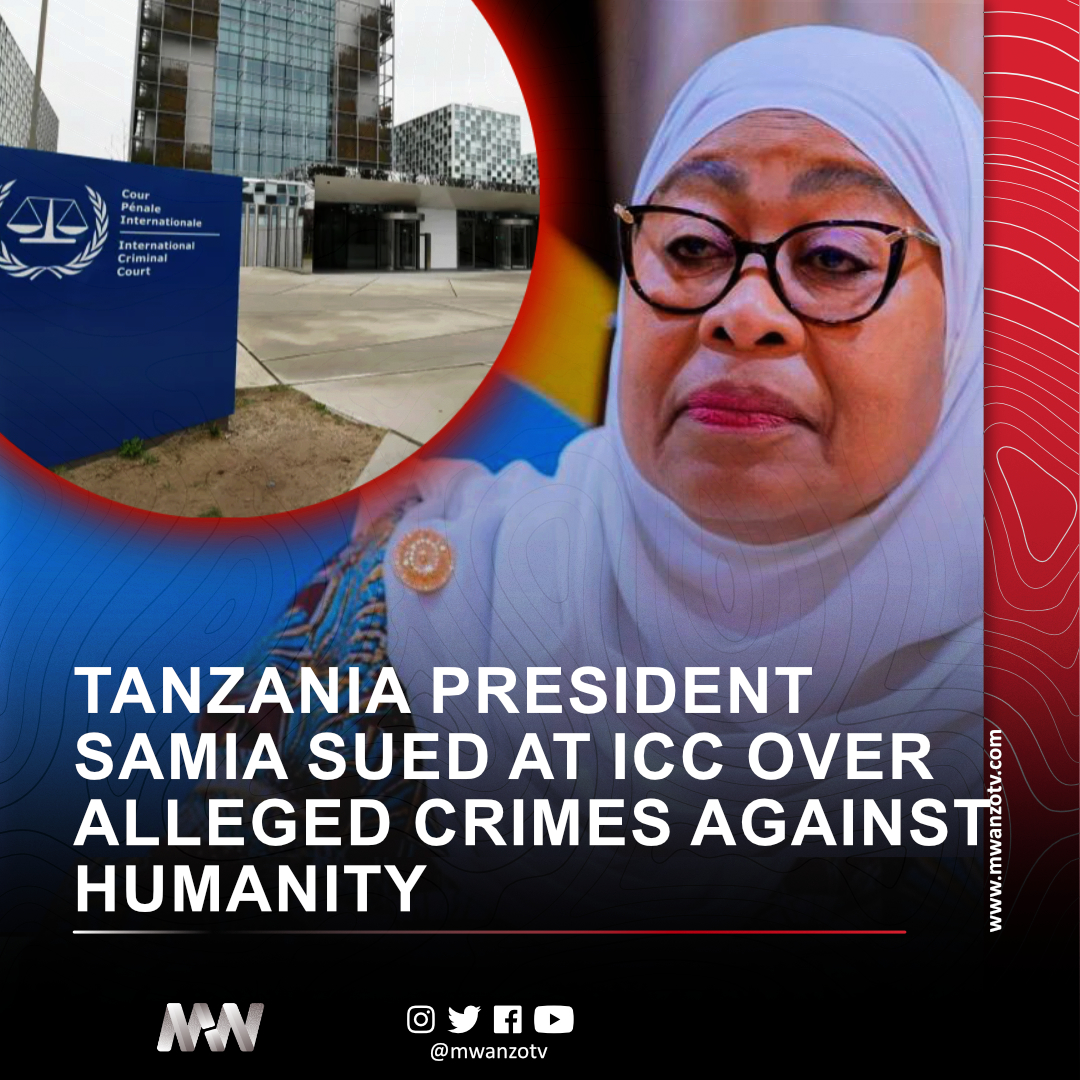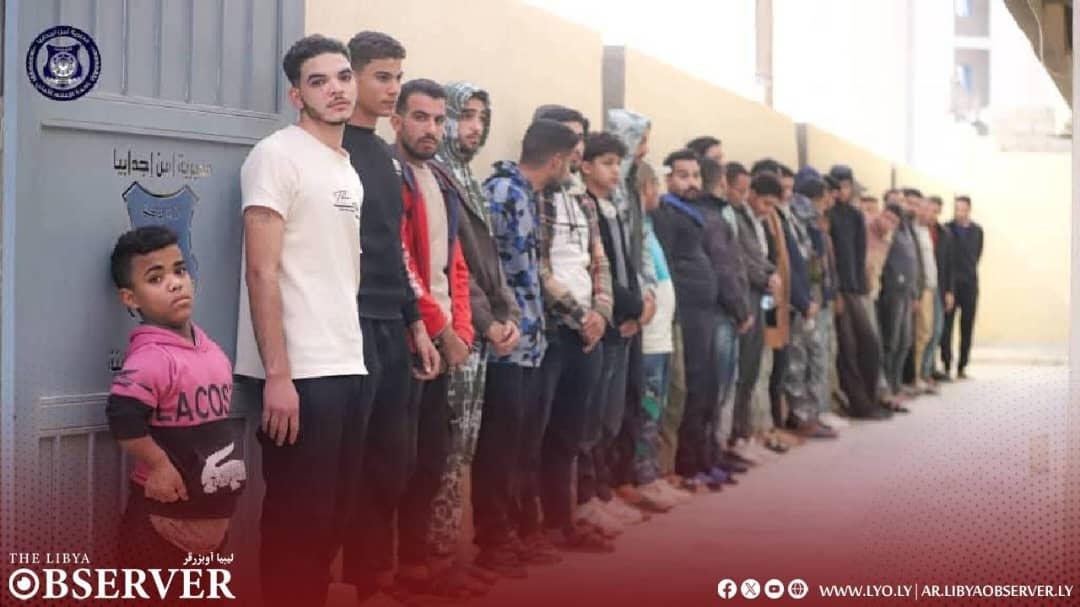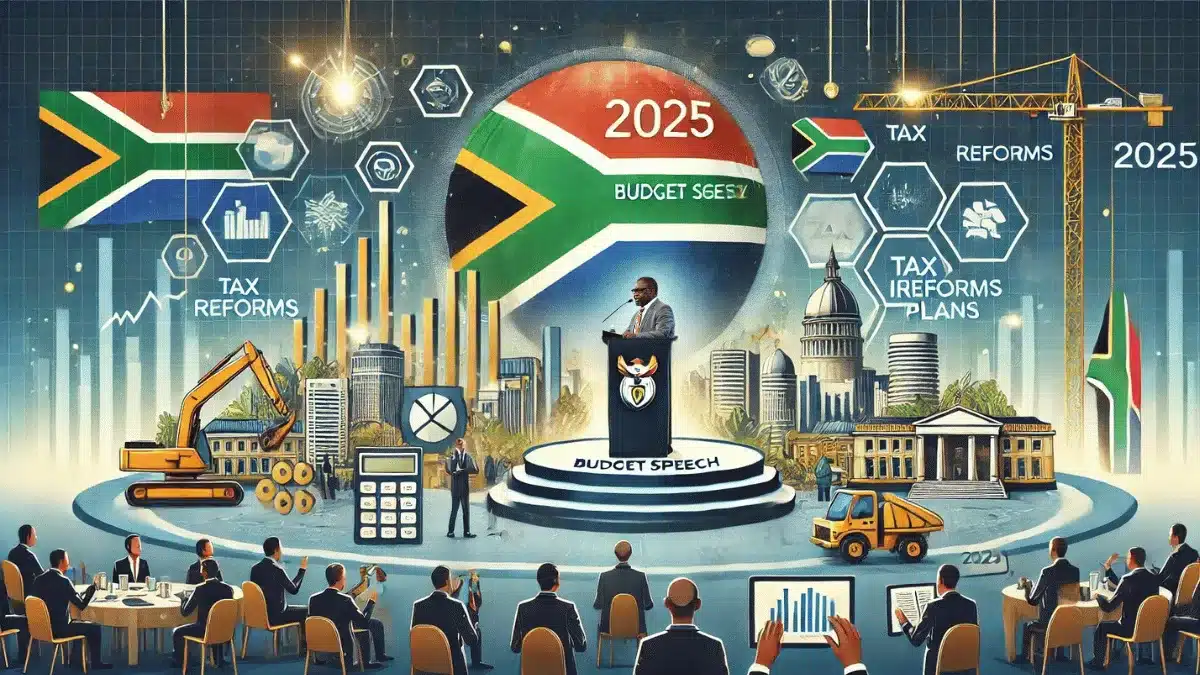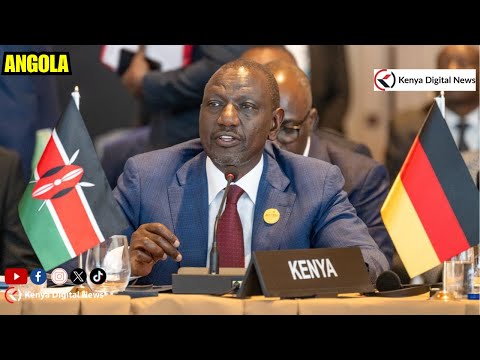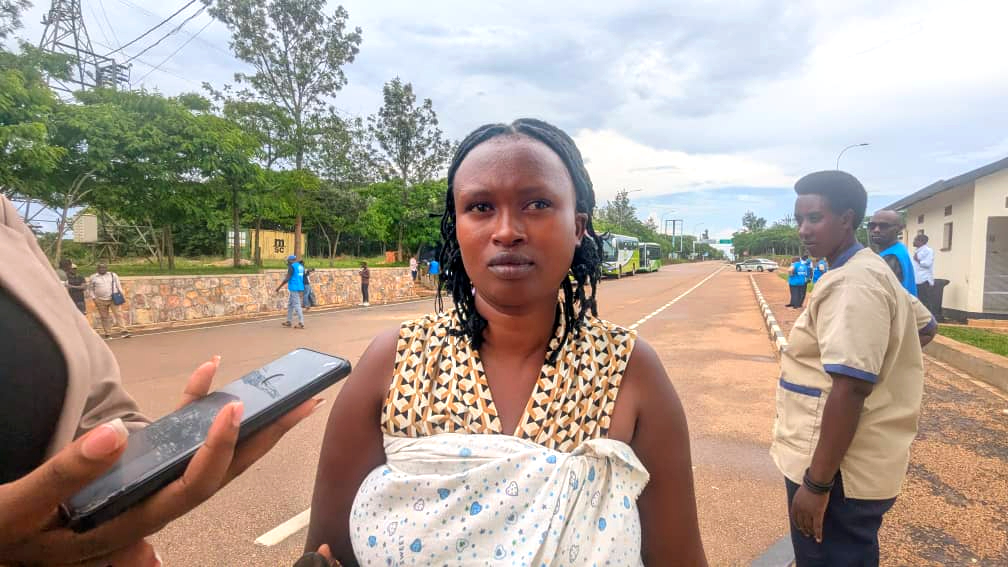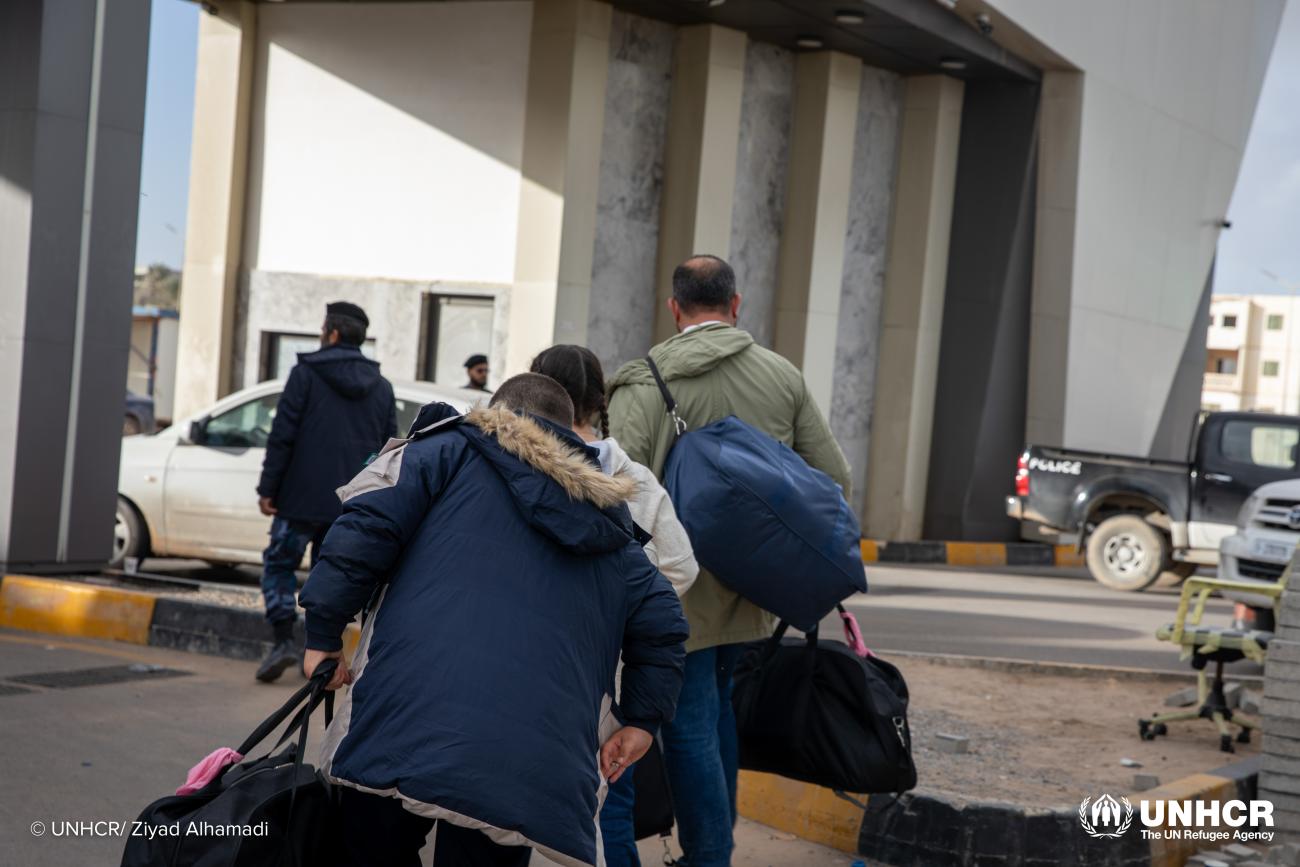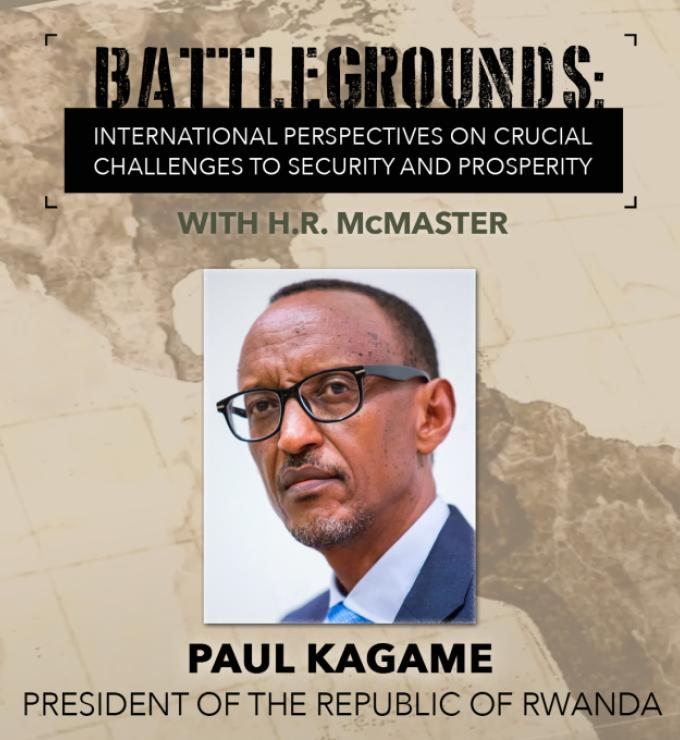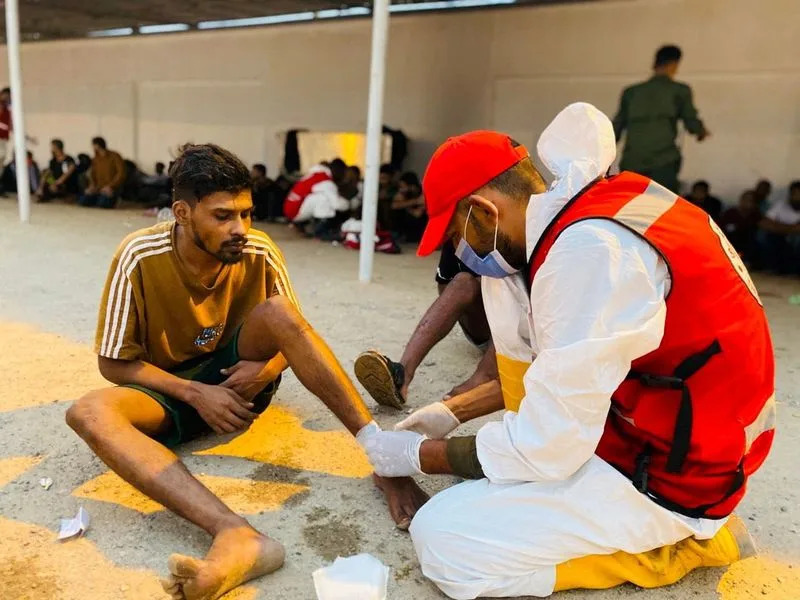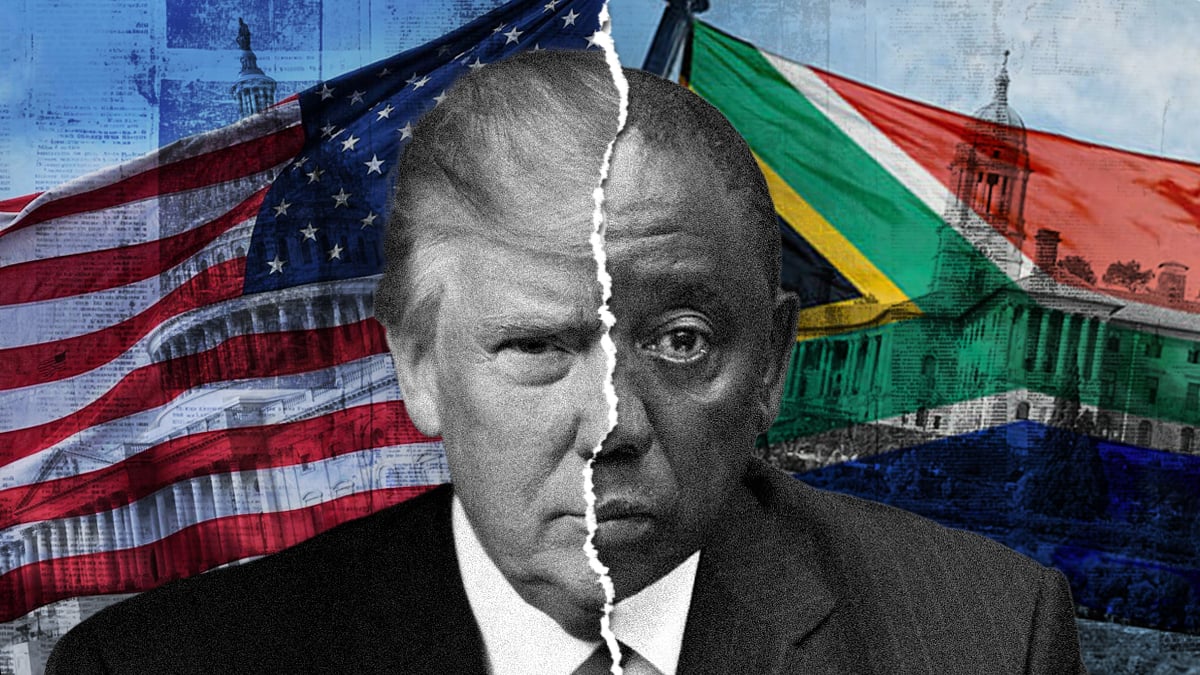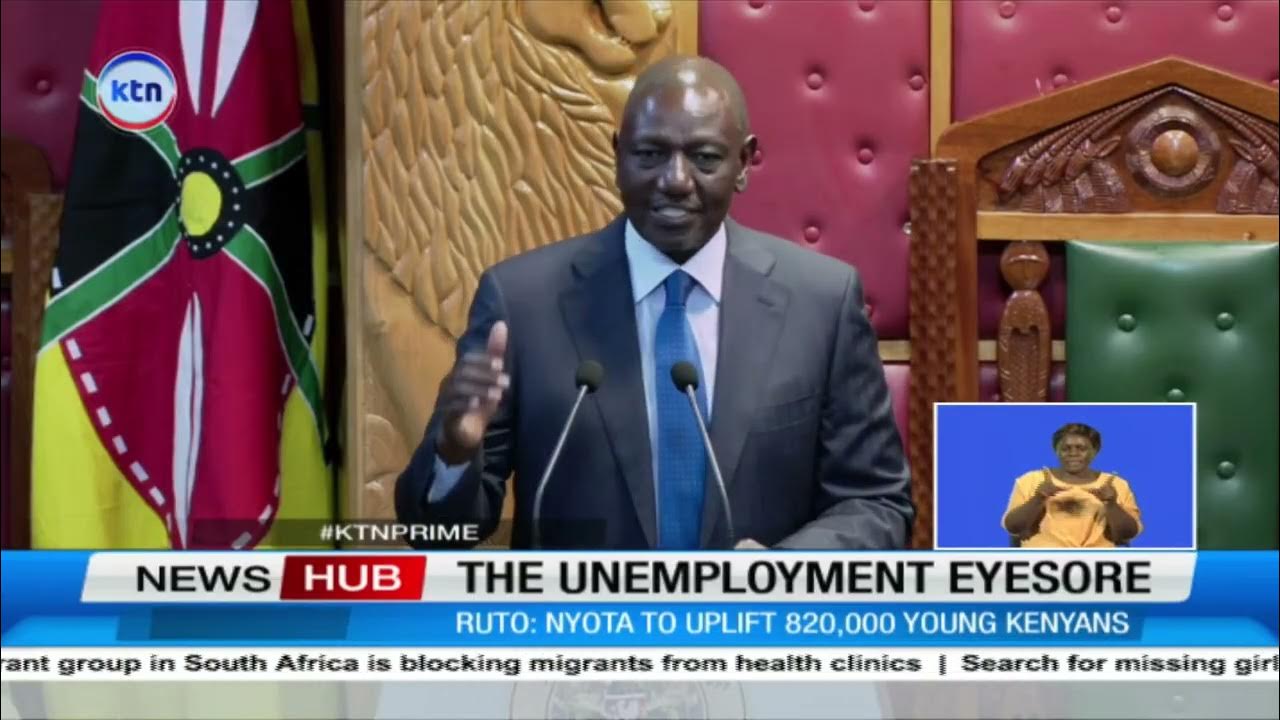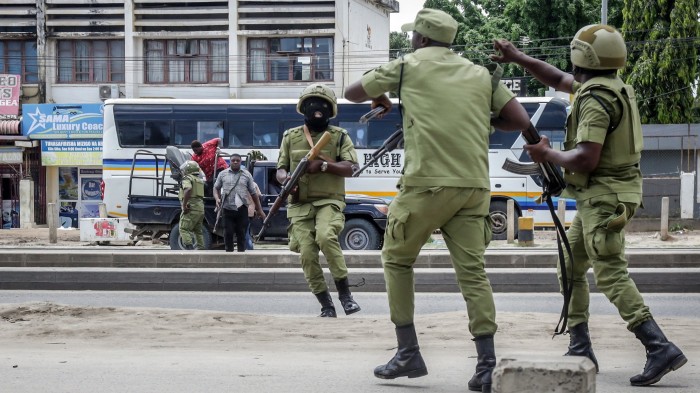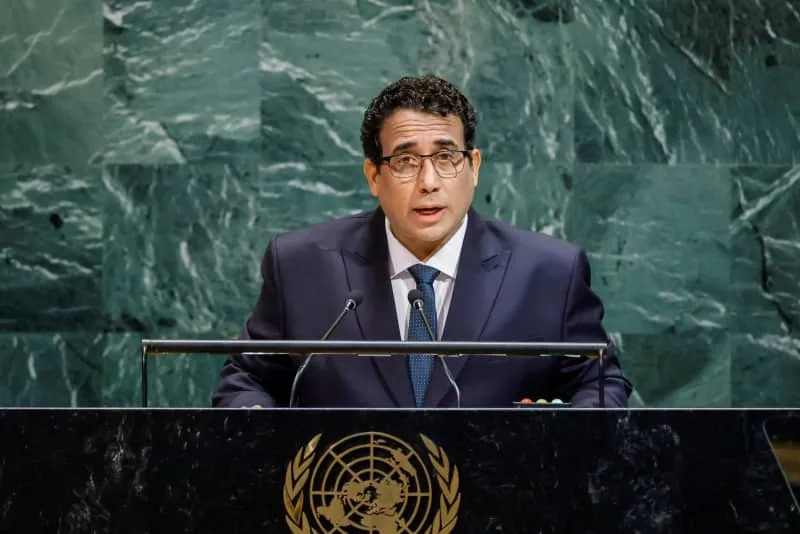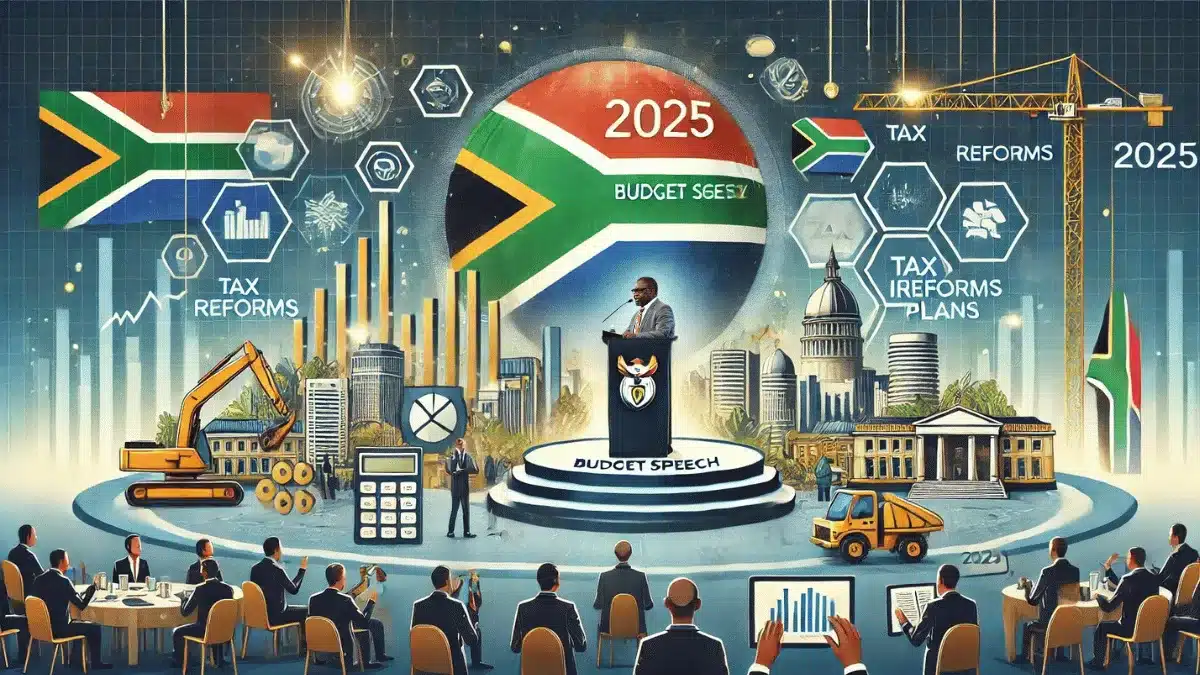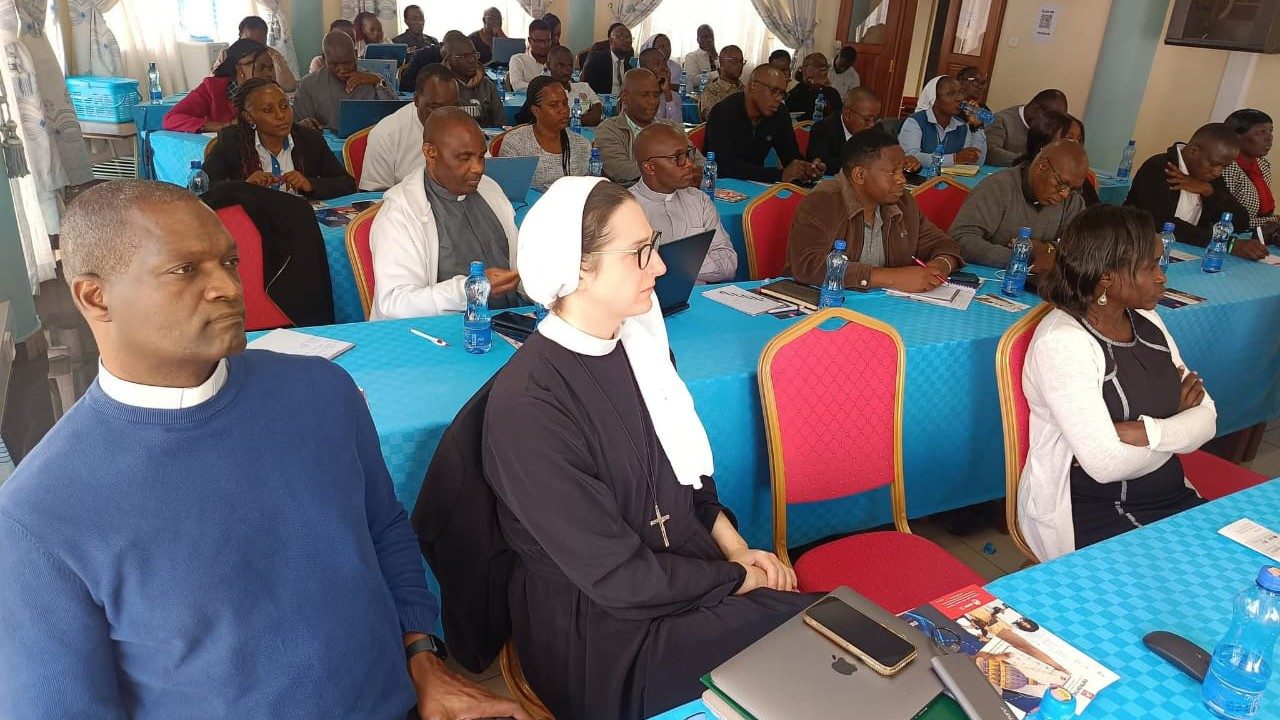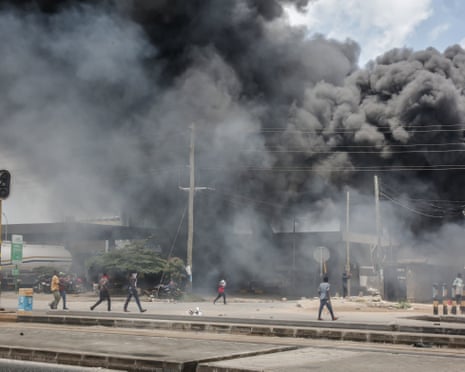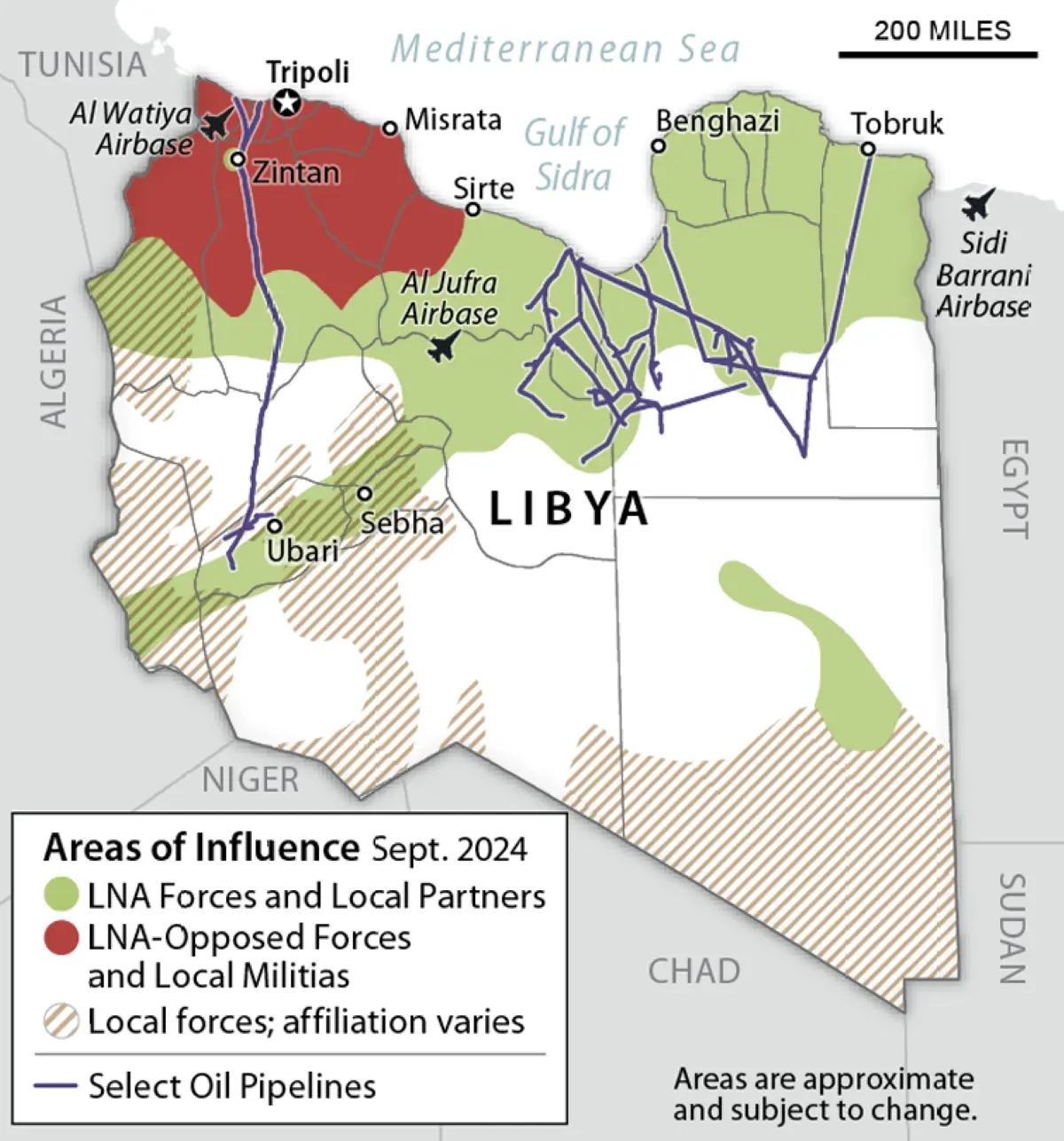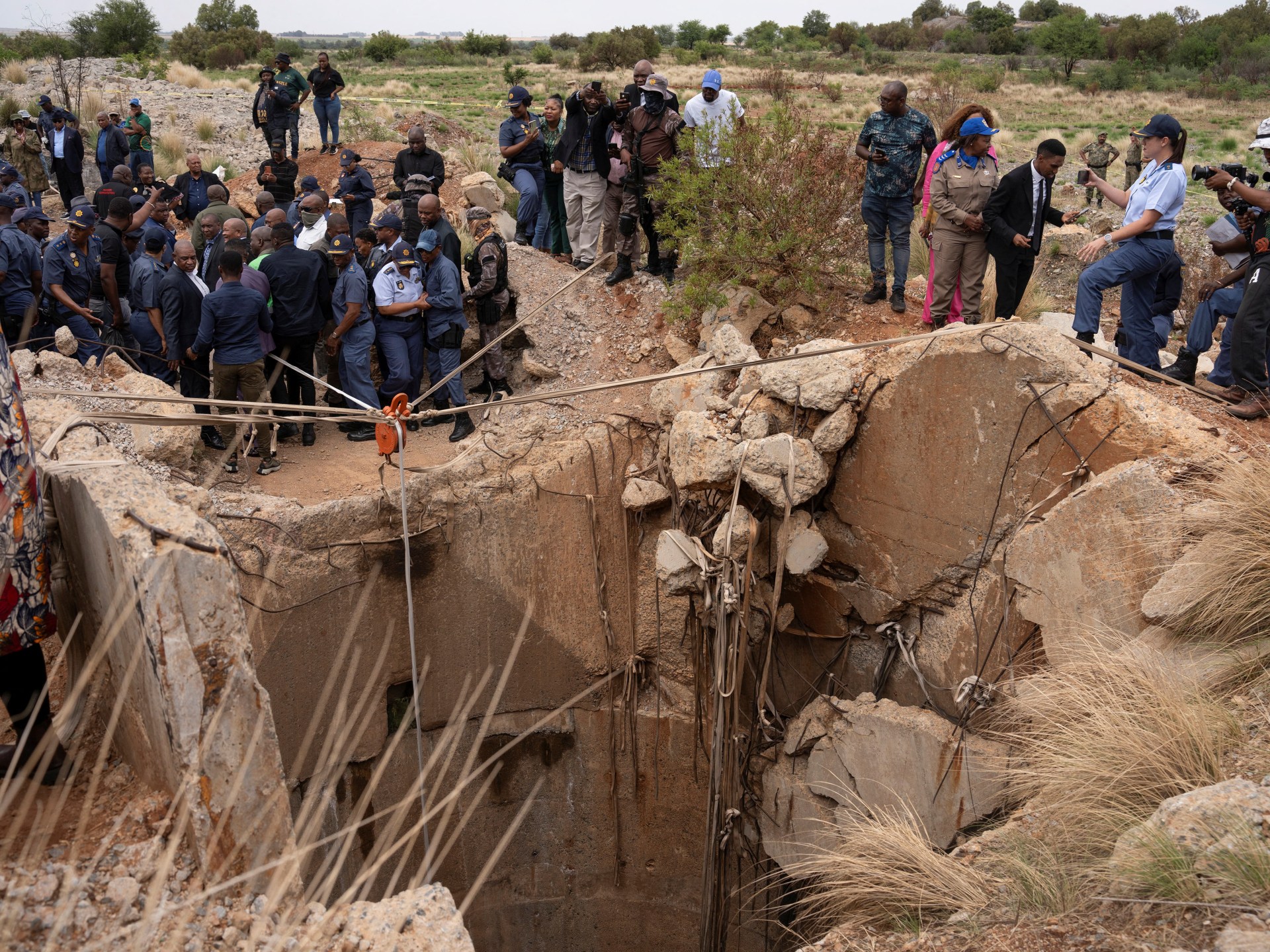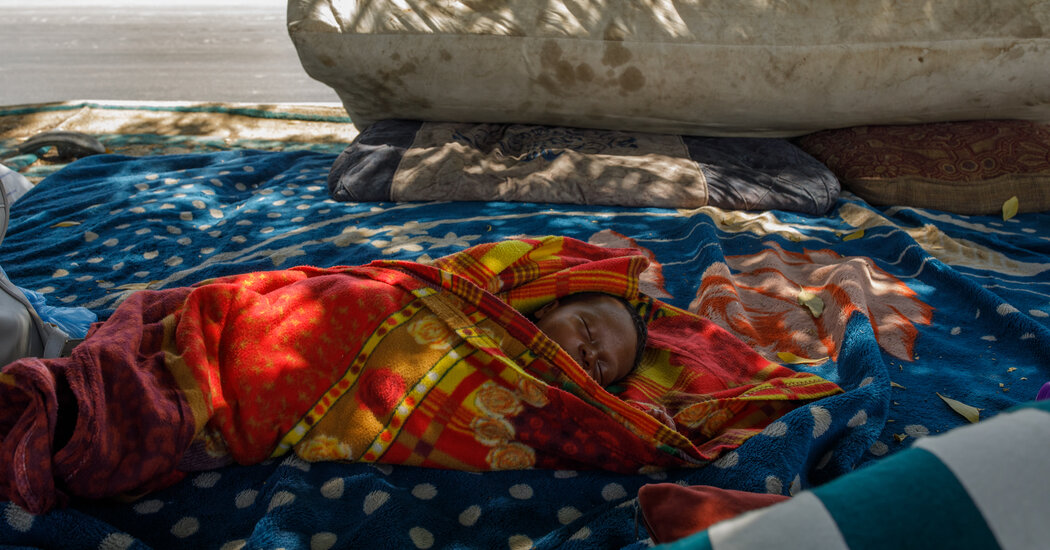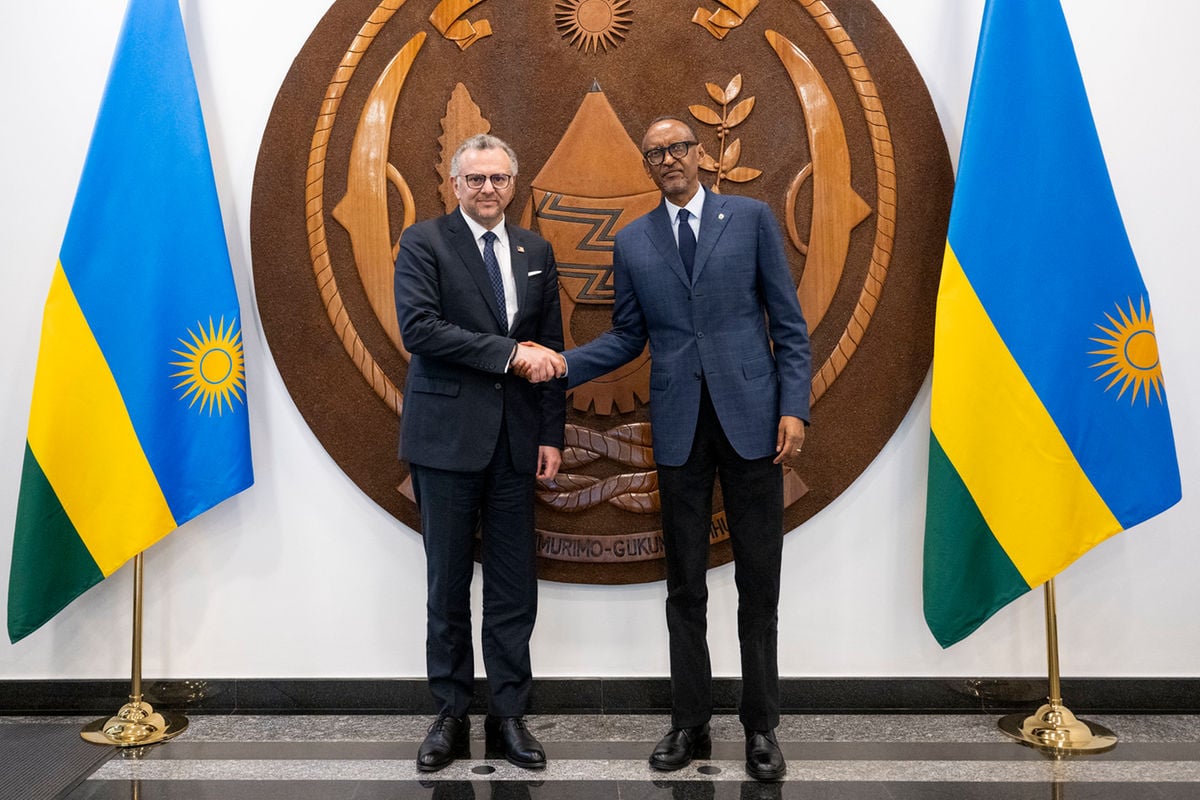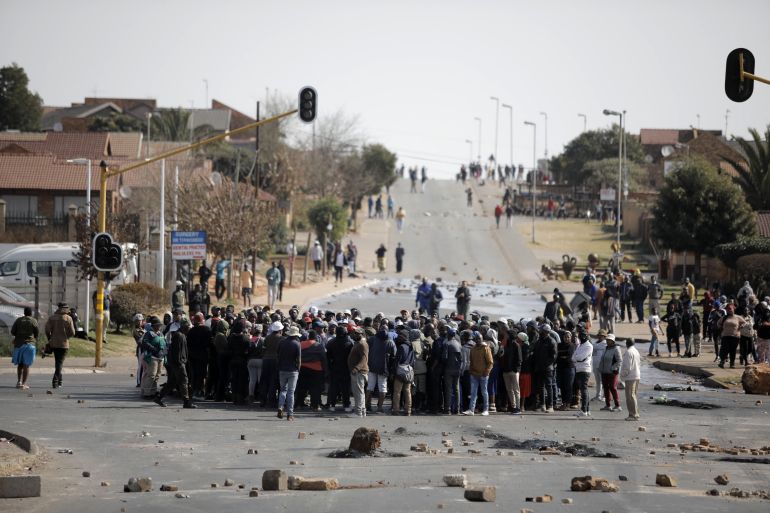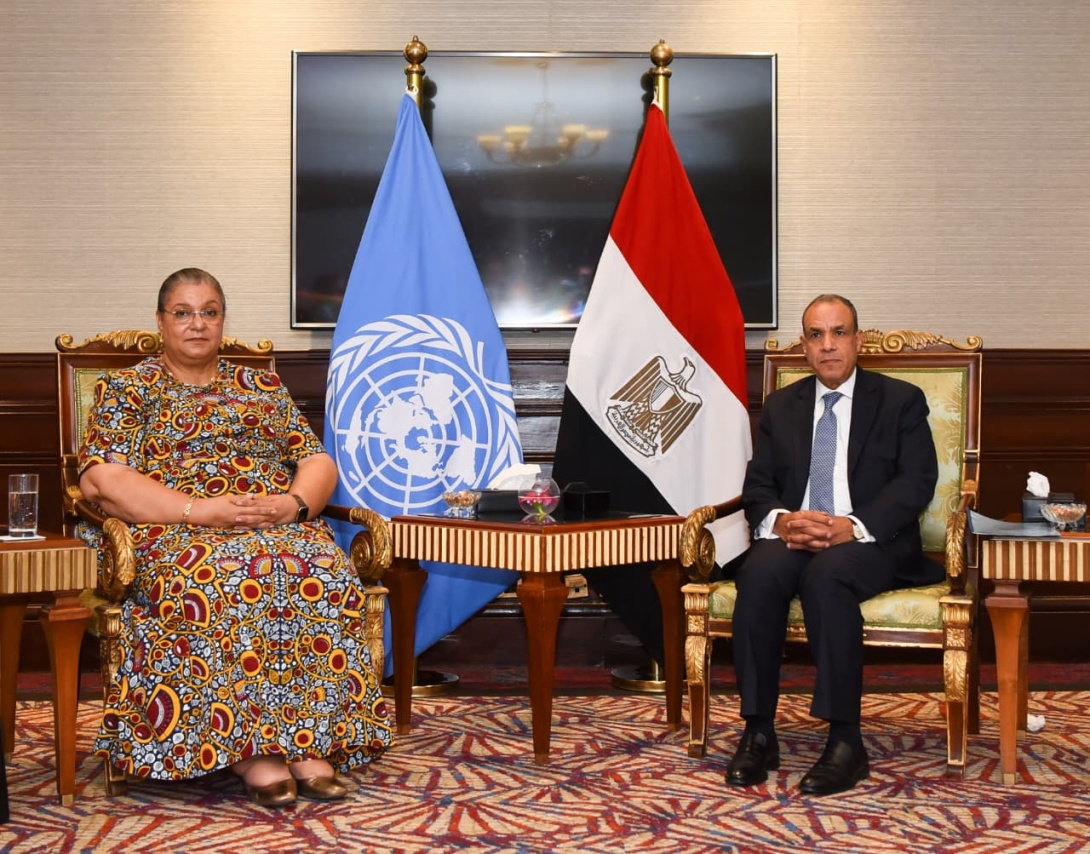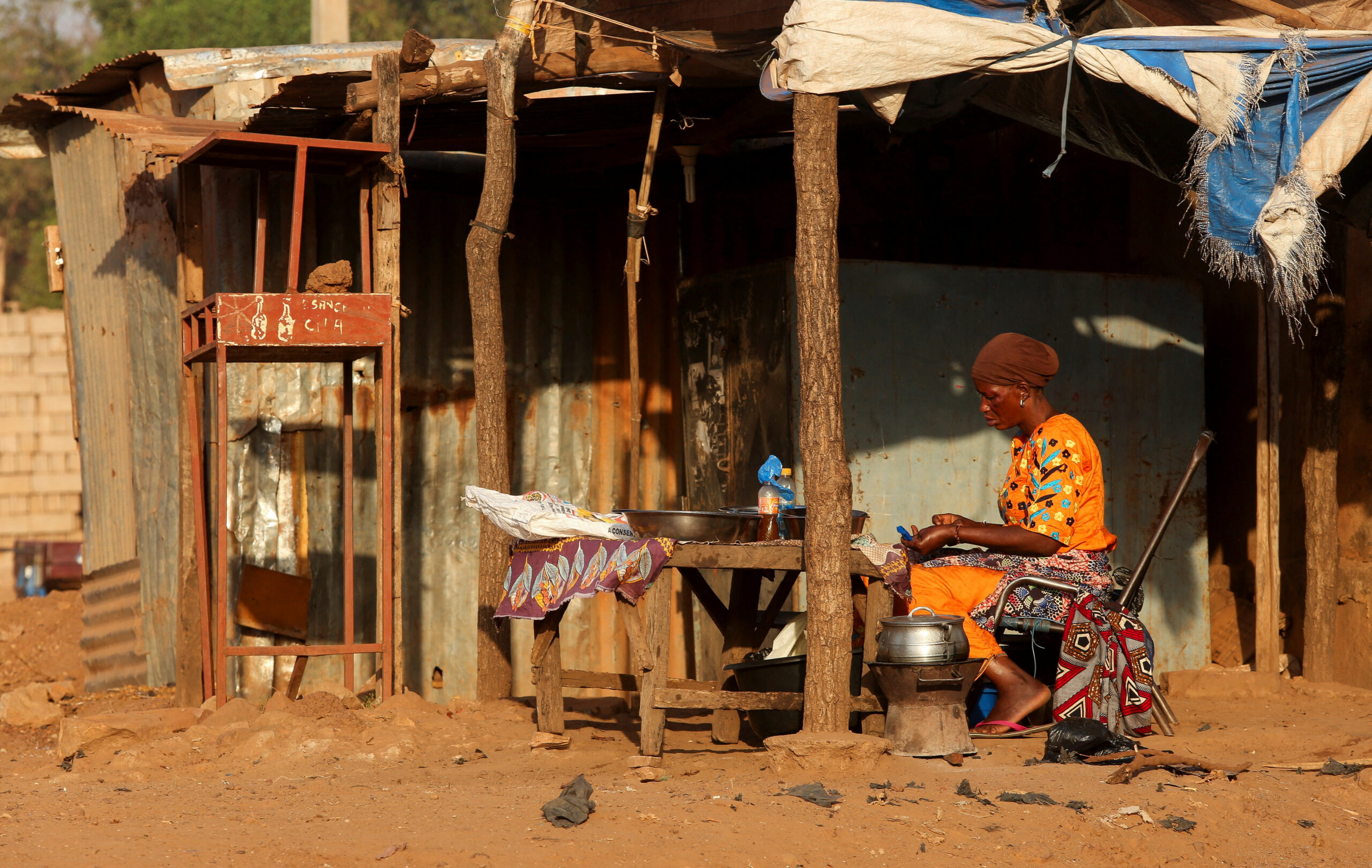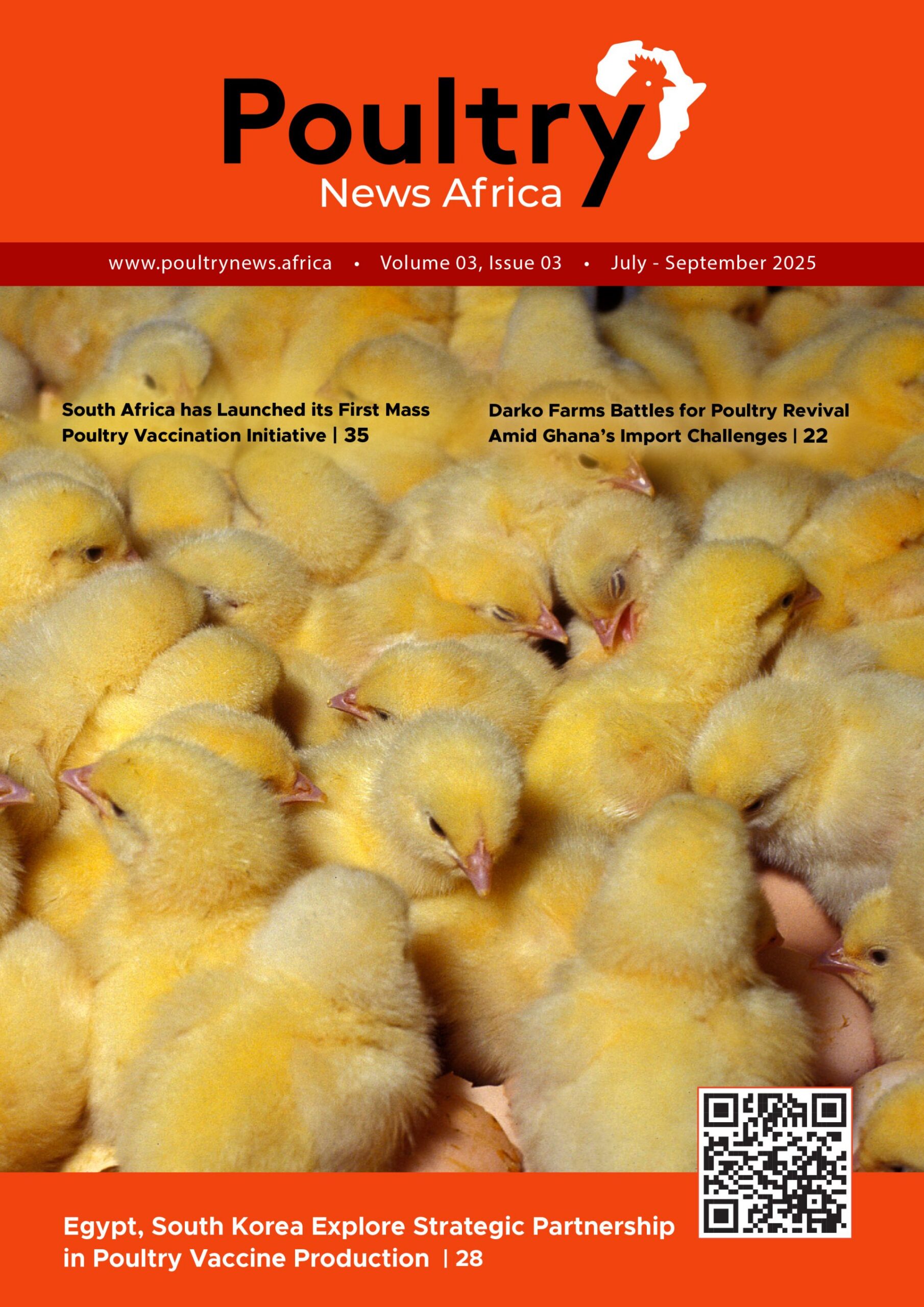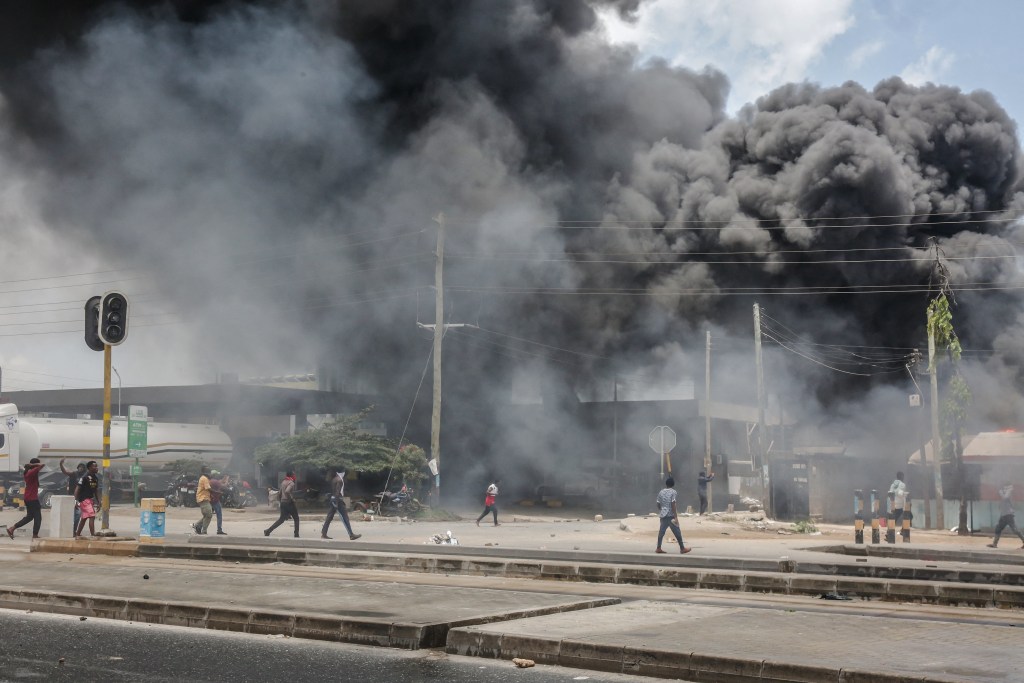
Tanzania Faces Crossroads: Political Unrest, Human Rights Concerns, and Economic Fallout
Tanzania stands at a critical juncture. Following a contentious election on October 29, 2025, the nation finds itself wrestling with widespread political unrest, which isn’t just shaking its democratic foundations. It’s also causing real economic pain and sparking serious worries about human rights. Under President Samia Suluhu Hassan’s leadership, the country navigates these tough times as both regional and international observers urge transparency, accountability, and a clear path to stability. What does this mean for ordinary Tanzanians and the wider East African region? The stakes are undeniably high, and how the government responds will shape Tanzania’s future.
The aftermath of Tanzania’s presidential election has been marked by widespread protests, unfortunately escalating into violence and loss of life. Reports from the United Nations Human Rights Office indicate security forces may have detained hundreds of individuals, with some reportedly killed during the unrest. Disturbingly, credible accounts suggest some bodies of those killed might have been taken to undisclosed locations. Volker Türk, the UN Human Rights Chief, has called on Tanzanian authorities to urgently disclose the whereabouts of the missing and ensure the deceased receive dignified burials, highlighting a dire need for human rights protections amid this political upheaval. While President Hassan’s government emphasizes stability, critics accuse the regime of systematically silencing dissent, targeting journalists, opposition figures, human rights defenders, and civil society activists. This deepening human rights crisis has drawn condemnation from organizations like Amnesty International, which is mobilizing public pressure on regional bodies such as the African Union. They’re demanding decisive intervention to halt impunity and protect the fundamental rights of Tanzanians, arguing that without it, justice remains elusive. Beyond these profound human and political dimensions, the turmoil is hitting the Tanzanian economy hard, with reverberations felt in neighboring countries. Kenya, a key trading partner for Tanzania, is particularly affected as cross-border trade slows significantly due to heightened security measures and digital restrictions imposed during the unrest. Kenyan business operators report severe difficulties conducting commerce with Tanzania, underscoring how swiftly political instability can ripple through interconnected regional economies. This slowdown highlights a broader vulnerability across Africa’s economic landscape, where digital shutdowns and conflicts disrupt vital commercial networks, threatening livelihoods and regional integration ambitions, much like the Sudan crisis.
Even agriculture, a foundational pillar of Tanzania’s economy and crucial for food security, faces indirect pressures. While the sector remains somewhat insulated, experts emphasize an urgent need for innovative approaches to secure alternative funding for farms and promote sustainability. Industry voices, like Gene Likhanya, underline the importance of storytelling in unlocking new resources, urging farmers and agricultural stakeholders to craft compelling narratives that go beyond mere numbers to attract investment. This call for creativity and resilience comes at a crucial time, as economic shocks from the political crisis add layers of uncertainty about production and supply chains. In parallel, technological advancements offer a glimmer of progress. The introduction of digital tools for tracking livestock movement aims to enhance traceability and disease control, which is critical for maintaining agricultural productivity and protecting farmer livelihoods amid broader instability. For instance, the RMIS mobile app, set to launch in December, promises to facilitate record-keeping and transparency in livestock management. Such innovations reflect ongoing efforts to modernize the sector despite prevailing challenges, demonstrating Tanzania balancing political unrest with digital innovation. Looking ahead, Tanzania’s immediate future hinges significantly on the government’s willingness to engage in open and credible investigations into election-related violations, to restore trust among citizens, and to genuinely uphold human rights. Economic recovery will clearly depend on stabilizing political conditions and ensuring unhindered trade flows with neighboring economies. Simultaneously, embracing new agricultural financing methods and technological solutions can fortify Tanzania’s food systems and rural economies against further shocks.


